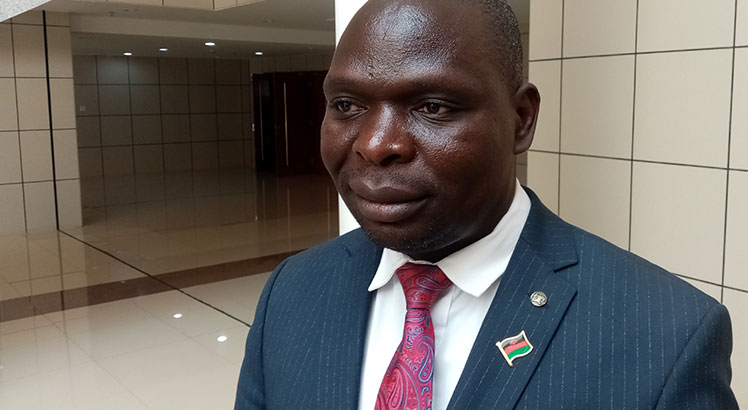Public purse still leaking—AfDB
The African Development Bank (AfDB) says despite strengthening the law leakages persist in Malawi’s public purse, thereby falling short of providing donors with confidence in the public finance management policies and procedures.
The AfDB made the observation in its Appraisal Report for the $22.7 million grant extended to Malawi as direct budgetary support.
While commending the Malawi Government for taking several steps to improve public finance management following the adoption of the new Public Financial Management Act (PFMA) in March 2022, the bank said there were still some gaps.

It said Malawi’s risk rating remained substantial and implementation of the PFMA will be a critical success factor for the reform agenda.
Reads the brief: “There has been a degree of progress in improving public finance management, but there is still a critical need to reinforce the internal control environment across the public sector.
“This includes fostering compliance with internal controls, enforcing sanctions in cases of non-compliance, strengthening the internal audit function, ensuring the timely implementation of audit recommendations as well as the introduction of legislative scrutiny of extra-budgetary units [EBUs] and public corporation financial reports.”
The brief further said Malawi faces some implementation challenges related to insufficient capacity that will need to be prioritised to implement the rules and regulations arising from the revision in the PFMA legislation and the roll out of the new Integrated Financial Management and Information System payment platform.
Besides calling for speedy review of procurement laws, the AfDB has also said Malawi needs to enhance its debt management capacity through an improved PFM system, including institutions and skills in debt management.
Reacting to the observations, economist-cum-marketer Frederick Changaya said the amended PFMA places responsibility on everyone in the chain of public resources, especially controlling officers, but the challenge lies on internal controls.
He said: “It is not the design of the Act, but may be poor internal controls. This is one of the results of failure to punish those that breach it.
“One of the reasons for this failure goes to regulatory and governance institutions like the Anti-Corruption Bureau [ACB]. There are certain decisions, policies and actions under the Act that would be outright criminal, punishable breaches, but there is deafening silence.”
Changaya said the weak application of the PFM Act affects the competitiveness of the economy; hence, the low output growth, higher unemployment and low wages.
In a separate interview, Centre for Social Transparency and Accountability executive director Willy Kambwandira said failure to punish offenders scares away development and donor partners.
“Parliament must rise above petty party politics and demonstrate seriousness in ensuring that public funds are properly scrutinized, used in the most transparent manner, and ensure that findings and recommendations of audit reports are implemented,” he said.
Governance and public expenditure tracking expert MavutoBamusi said the AfDB’s sentiments reflect the collective concern by development partners that Malawi is slackening in the fight against corruption.
He said: “Senior politicians and government officials are linked to serious allegations of corruption, bribery and abuse, but are rarely sanctioned or punished. As a result, all public officers follow suit, making the public finance system rotten and the law is rendered toothless.”
Public Accounts Committee (PAC) of Parliament vice-chairperson Ned Poya said their mandate ends at summoning controlling officers to respond to audit queries, but the Secretary to the President and Cabinet is key on sanctions.
“The PFMA is very clear on penalties, but there is nothing happening to enforce that. We have people in government who are saving friendships instead of following the law, this must change,” he said.
Officials from the Ministry of Finance and Economic Affairs said they were attending meetings with the International Monetary Fund (IMF) yesterday and had not responded to our questionnaire by press time.
But during presentation of the 2024/25 fiscal budget in Parliament in February, Minister of Finance and Economic Affairs Simplex Chithyola Banda said his ministry had fully made operational the PFMA 2022 by gazetting regulations.
Section 110 of the PFMA indicates that all controlling officers who flout the law are liable to a penalty of K50 million or the financial gain derived from the offence and 12 years imprisonment.





